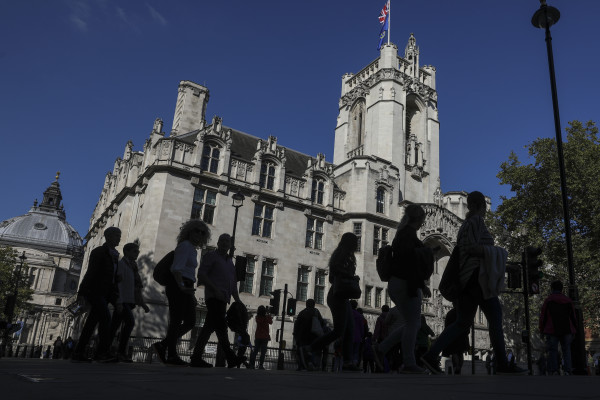There are those who have called for Boris to resign. Others have called for the opposition to table a vote of no confidence in him to facilitate his removal.
If Boris were a trustee who had been found to have used his powers improperly he could resign, utilising resignation provisions in the terms of his particular trust or by invoking powers provided by the Trustee Act 1925. For reasons set out below it would usually be advisable for him to do so rather than be removed.
Alternatively, like a vote of no confidence, his beneficiaries could come together to exercise their rights to collapse the trust and potentially re-establish a trust with a new trustee (although this would require a consensus rather than a majority of votes).
Removing trustees through the court
Interestingly, if Boris were a trustee there would be also be a third option: the court would have power to remove him from office.
The court’s jurisdiction to remove errant trustees is based on the impact their continued administration of the trust could have on the welfare of their beneficiaries as a whole, based on the evidence of their past conduct.
Wrongdoing is neither necessary nor sufficient for removal, but is an important factor.
Minor, technical, breaches by a receptive and well-meaning trustee are unlikely to be enough to persuade the court to remove that trustee. Particularly egregious wrongdoing would usually be very persuasive. In trust terms that might be dishonesty, an improper/excessive use of power or treating the trust property as the trustee’s own.
Potential consequences of not resigning
Aside from significant reputational considerations, the benefit to trustee Boris of being open to resigning is that this would avoid the turbulence and costs, and possible adverse costs consequences, of a further contested court process.
So if Boris were a trustee, the court could now be brought in to decide whether or not he should be removed from office.
Were he to fight his removal and then lose that fight he would almost certainly be ordered to pay the other side’s legal costs out of his own pocket and would be prevented from taking his own costs out of public funds, that is, the trust fund.
Indeed, treated like a trustee, the Supreme Court would almost certainly have ordered Boris to pay Gina Miller’s legal costs of the prorogation proceedings out of his own pocket and prohibited him from taking his own costs from the country’s coffers.
The prospect of further financial consequences from subsequent proceedings to remove him would be a very real personal risk.











